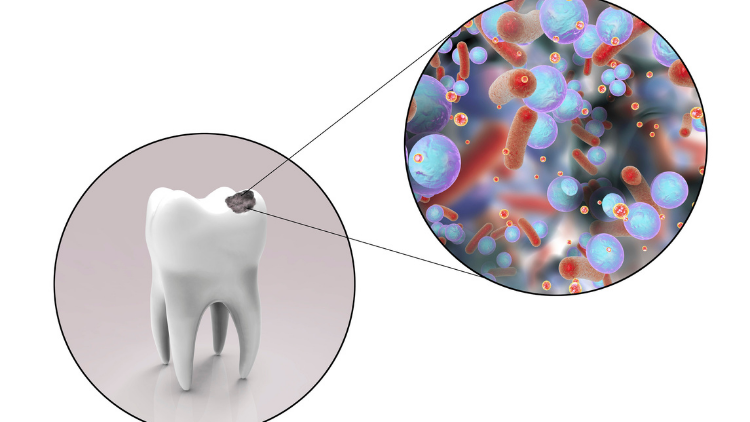
“Why do I get so many cavities?” Is a common question. You may be following all proper oral hygiene steps, and then you are disappointed to hear that you have yet another cavity. Others may be less into their dental hygiene around you but still come out of a dental visit with no cavities. Every mouth is different and it turns out some people are simply more prone to cavities.
Reasons Why You Might Be Getting So Many Cavities
- Diet – Tooth decay can often be caused by what we eat and drink. If you don’t typically brush your teeth right after every meal you can cause some damage. Sugar can remain on the teeth, between them, and around your gumline as well. This can become a feeding ground or bacteria. Bacteria will then lease destructive remains that quickly attempt to erode your enamel. This process causes cavities.
- Genetics – Believe it or not, some people are more prone to getting cavities due to their genetics. These people are more susceptible to the strain of bacteria that unfortunately causes those pesky cavities. The entire biome of bacteria in each person’s mouth can differ greatly. Some forms are more aggressive than others. In turn, this can make a person more prone to cavities. With more aggressive bacteria in the mouth, more acid is created which caused the breaking down of enamel.
- Dry Mouth – It’s true that saliva can fight cavities. This is because it washes away bacteria and leftover bits of food in the mouth. But, with a dry mouth, you won’t have a good amount of saliva to rid your mouth of leftover foods and loose bacteria. Dry mouth can happen as a result of medications or simply by not drinking enough water. If you have a dry mouth, consult your dentist about possible treatment options.
- Receeding Gums – With gums being pulled back from the teeth, bacteria obtain easy access. They will make their way to vulnerable roots instantly. It is important to brush with soft bristles and use mouthwash that strengthens enamel. If you are concerned about your receding gums, talk to your dentist today.
- Tooth Shape – Unfourtunately, some people have specific tooth shapes that are more prone to cavities. Teeth with deep grooves tend to collect bacteria and food particles. Due to the nature of the tooth, this can be hard to clean at 100% just by brushing. Also, deeper groves means closer to the root of your teeth. This is something cavity-causing bacteria love.
Reducing Your Risk of Cavities
Luckily, you can do things that reduce your risk of getting cavities:
- See your dentist regularly – This is very important considering your dentist is the tooth expert in the house. Your dentist will thoroughly evaluate your teeth and let you know if anything looks concerning. If you can get ahead of a problem before it progresses, you are much more likely to avoid a bad cavity.
- Brush and floss – It may seem tedious, but brushing and flossing are imperative. Doing this twice a day plays a huge role in prevention.
- Reduce sugars – Bacteria in the mouth feed on sugar. That being said, by reducing your sugar intake you are less likely to be at risk for cavities. It can be tempting since sugars are everywhere, but your teeth could do without all the high sugar products in the world.
- Use the right products – When it comes to dental hygiene products there are thousands. Your dentist can prescribe a high-fluoride product that will make the world of a difference. They can also advise you on what over-the-counter toothpaste and mouthwashes are best for your situation.
Conclusion
If you are looking for guidance on how you should be taking care of your teeth or something is bothering you, our experienced dentist will advise you on the best course of action and care for your situation. If you have any questions at all, schedule an appointment with us for more information.

 Request an Appointment
Request an Appointment